

U T O P I A U T O P I A



SustainableRecipes
Brezita Fetahu




U T O P I A U T O P I A









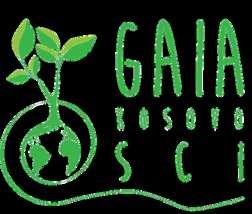


Acknowledgements
Introduction
GAS as a social food practice in Rome
Mercato
terraTERRA: A farmers market
Utopic recipes
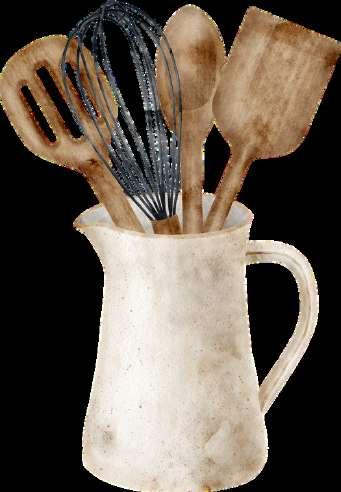
My inspiration for writing this cookbook came during the first months of my long term volunteering at La citta dell’Utopia where I had the chance to cook, explore and experiment with different vegetarian and vegan recipes together with other volunteers and many activists.
As I arrived at La citta, I was introduced to the kitchen (called BIOSTERIA) and the very first dish I helped cook was homemade gnocchi.


From that day, I had the chance to meet many volunteers and activists who had a huge passion for cooking, providing them the opportunity of creating new recipes, cooking with local and organic food, and always promoting sustainability of food among the local community of Rome.
A special thanks goes to Mattia Leoni and Ariane Jovovic with whom I have created many recipes and through food we brought joy to many people who joined our events during the whole year. I cherish many beautiful memories of us that without them, cooking in Biosteria would be meaningless.
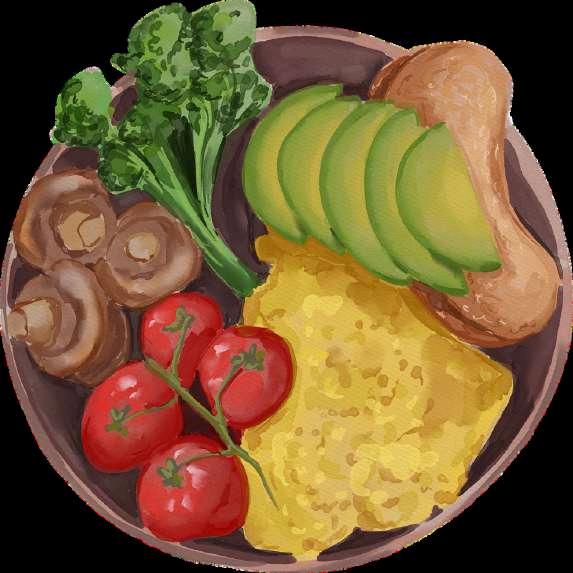

Many thanks to my flatmates/long term volunteers, Vesna, Tabata, Tanya and Julien who despite everything, always cooked with us and were ready to help. Without their support we wouldn’t have been able to bring to life many amazing events, not just within cooking but more generally in keeping this project alive and always ready to blossom with their amazing ideas. Marta and Fabrizo, my biggest supporter, my dear friends of La citta dell’Utopia and SCI Italy.
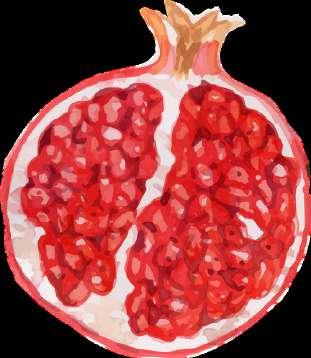
I thank you for accompanying me during this journey of mine. Salah, for teaching me many new recipes and techniques of cooking. Fabio and Giulio for helping and showing us unique Italian recipes. Anna, my dearest friend, helped during many events including the Balkan festival and taught us many Greek recipes.


Finally, I would like to thank all the activists who helped during the festivals that we organized throughout this year such as No Border fest, Festival della Zuppa and Balkan festival. All the international volunteers and local activists who helped Festival della Zuppa, as it remains our biggest festival of Citta dell’Utopia. Luca Boccoli, Luca Guidi and Marta Micheli who not just helped, but from us learned new Balkan recipes during the Balkan fest.

My coordinators from SCI Gaia Kosovo, Maja and Helena who have supported me through my long term volunteering and continue to inspire me through their amazing work. I thank all my friends, colleagues and passionate food lovers who keep inspiring me to continue writing about the importance of food.
This cookbook serves as a tool for future long term volunteers of European Solidarity Corps and new activists of La citta dell’Utopia to have a deeper understanding of the project and it aims as well as for them to get inspired by our recipes and continue on creating new ones.


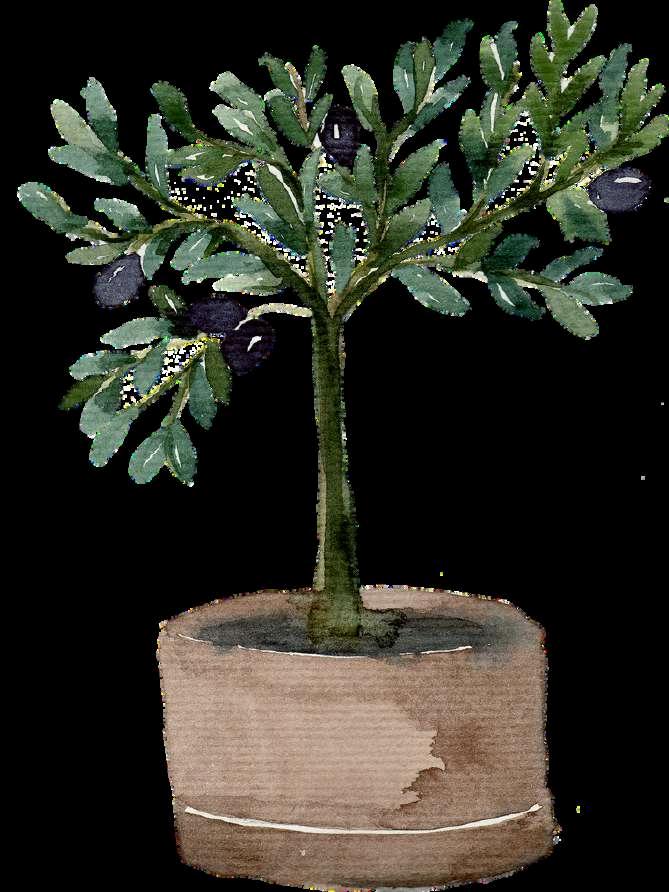
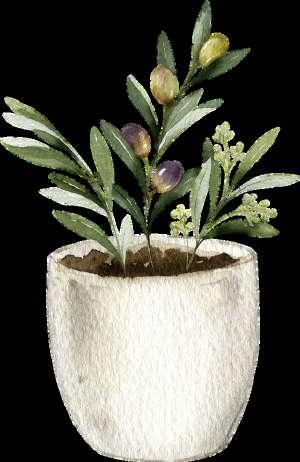

further I must warn you this book isn’t simply a cookbook with traditional recipes and techniques of cooking. It aims to bring you on a journey of the past, present and future of life itself. Additionally, it intends to explore food culture through social and cultural events which happened and continue to do so at La citta dell’Utopia. While you immerse yourself in this book, allow me to introduce you to the storytelling of La citta dell’Utopia house and the project. This is a description of what I have observed and attained during my ESC long term volunteering in Rome.



Imagine living in a 18th century old house in the middle of Rome, with a significant history where many people have lived, worked and contributed to the betterment of society throughout all centuries. Personally, I would have never imagined living in such a place, mostly because I did not know of the existence of this kind of place, and partially because it sounds so very utopic and dreamy to live in.
One of the reasons I chose to do my long term volunteering year in Rome was the history of the house and the project of La citta dell’Utopia, which was created by volunteers of SCI Italy. Before I go deeper into why I decided to write this cookbook and explain what La citta dell’Utopia or SCI Italy is, it is important to share with you the story of the house, as well as provide an overview of it and its many changes that have occurred during all these years.
Casale Garibaldi

This remarkable house, located in a hill of San Paolo, South of Rome, has been serving as a living house with a panoramic view of Basilica San Paolo, later to be transformed into a restaurant. At that time, San Paolo was a rural area and this country house was bought by Augusto Volpi who later created Trattoria Volpi. It is important to know that this house had many different owners throughout the centuries, before and after Augusto Volpi but this owner was the most significant one since it was named after him and gave a remarkable meaning to it by having his own trattoria.


Volpi was an anarchist and anti fascist, as well as an entrepreneur from Acuto, who already owned some properties and bought this house, later deciding to open the Trattoria Volpi and became famous not just for the neighborhood of San Paolo, but also other neighborhoods around.



The house itself had many different namings mainly because of socio-cultural events that happened here. Some people knew it as Casale Volpi (in italian Casale means country house), Casale Garibaldi or simply Casale. The reason why it was called Casale Garibaldi is because it is believed that Giuseppe Garibaldi has slept a night here. Although there is no evidence that this historical event happened, many people continue calling it so.
Trattoria Volpi, 1907



Just like the name, the house itself had some structural changes especially after Augusto Volpi was no longer the owner. When urbanism started taking over and the city was expanding, the house was surrounded by buildings, making it look like a hidden place. While other old houses were demolished, the construction of a new neighborhood and new infrastructure made Casale lose its magnificent panoramic view, isolating it from surrounding buildings.

Now,you may ask why did this place survive in the midst of many other houses being destroyed to create urban areas and expand the city? Simply, this was one of the oldest houses in the San Paolo neighborhood and its significant history caused the municipality of Rome to spare this house from demolition.
 Abandoned Casale
Abandoned Casale

 Augusto Volpi
Augusto Volpi
This house also served as a meeting point for antifascists during the fascist regime, especially because of a cave which is under the structure of the house. Nowadays, the cave remains closed and it’s impossible to enter due to garbage and many other things accumulated there.
For a period of time the whole house was abandoned and was not being used until SCI Italy brought it back to life with its project called La citta dell’Utopia. Service Civil International is a peace organization that has been promoting peace through voluntary activities, camps, training and youth exchanges.
Casale in early 2000
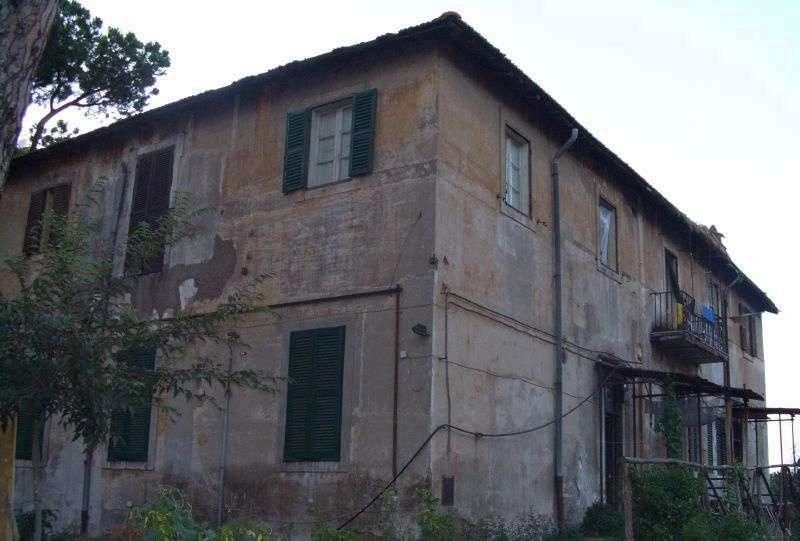


Volunteers
The Italian branch SCI Italy was created in 1948 and ever since that contributed to international volunteering and continues to do so whilst advocating for human rights, social inclusion and climate justice. Through these activities and the dedicated work of SCI volunteers, La citta dell’ Utopia project was born.

This project was founded in 2003 as a social laboratory, a space where international volunteers and local communities meet to share and create many ideas, events on global issues, sustainability, climate change and other social aspects.
Lunch during an event at La citta dell’Utopia
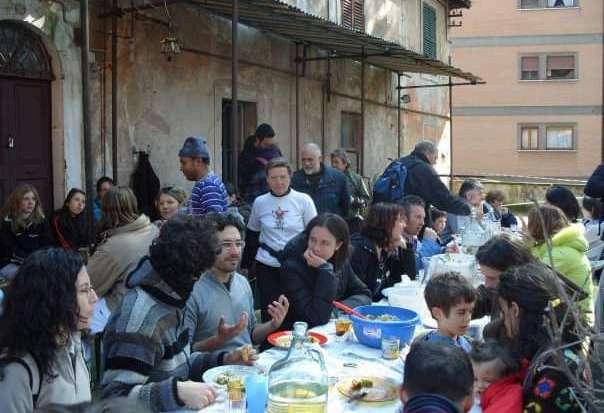

The project was located in Casale to give life to this abandoned country house with many purposes as mentioned earlier, but the main one remains to bring the local community and international one together, exchanging culture through art, crafts, cooking, debates and many other activities. Meaning that the local and international communities share the same urban living space and get together to contribute to the betterment of the society through social cultural events.




As an international organization, SCI has been promoting peace through culture and social aspects, climate issues as well as sustainable and organic food. Through La citta dell’Utopia, SCI Italy had the chance to advocate more on these topics especially on sustainability of food and food consumption and show practically that you can make a difference by utilizing vegetarian and vegan recipes with local and organic food.

This came as a result of having the space to cook, as La citta dell’Utopia house, or as for some people simply known as “Casale '' , already had a kitchen. As the house was restored by the municipality of Rome and maintained by volunteers and activists, La citta dell’Utopia managed to adopt a professional kitchen where this group of volunteers decided to name it Biosteria.
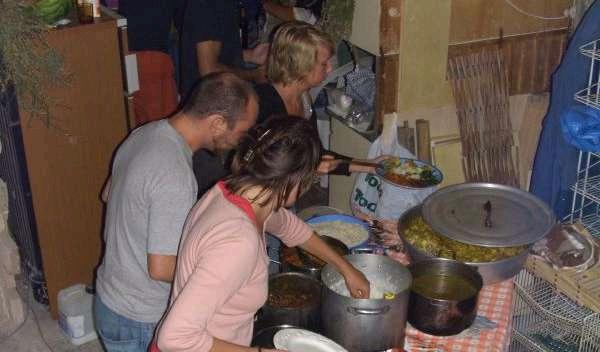

This compound noun was created as a concept of “Bio” and “Osteria”. It is important to understand the difference between a Trattoria and Osteria which nowadays in Italy these two are very similar to each other but in the past Trattoria served as family owned restaurants with local recipes (As Volpi’s Trattoria), whereas Osteria was a wine bar with a very simple menu which would change daily and have a fixed price with a glass of wine.
Inspired by this, the volunteers named the kitchen Biosteria to cook sustainability with local organic food for events and training which are organized by SCI Italy and La citta dell’Utopia. This part of the project aims to offer a social inclusion through cooking.

At La citta dell’ Utopia you can also find an old stone oven which was used to make pizza and bake different kinds of breads which unfourtunately it can not be used anymore since we live in the city and it is forbidden to do so.
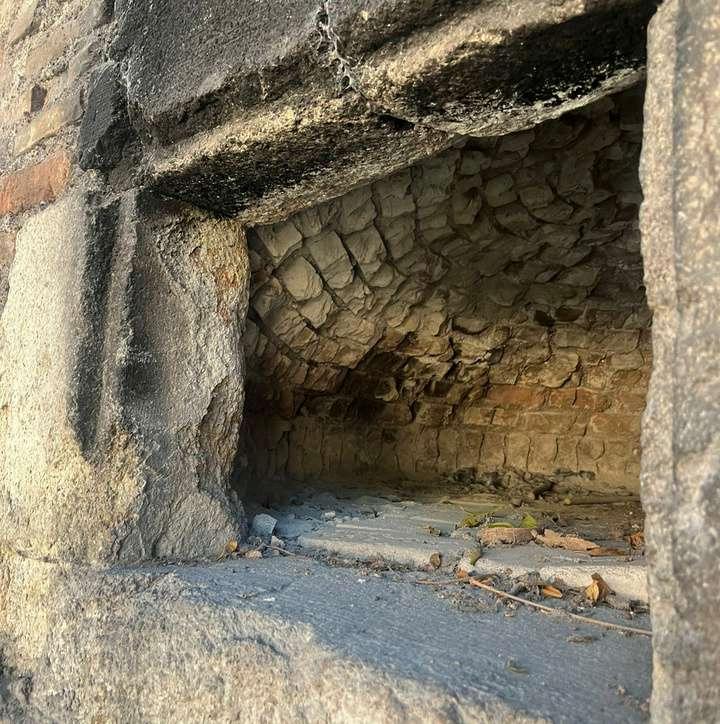

When it comes to social inclusion, it is crucial to mention one of the most important festivals held by activists and volunteers; International Festival della Zuppa of Rome originally inspired by Soup Festival of Lille, France which aims to have a social/cultural integration through creating a competition of soups where people can participate and it is followed by a program of music and dancing. For 16 years this festival has been having different themes on different social, cultural, environmental and political issues related to food.
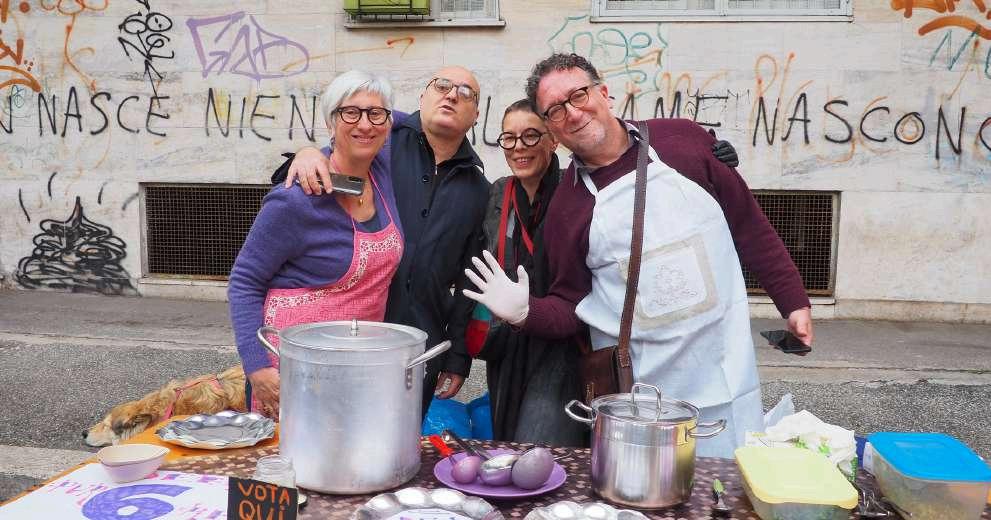
Throughout the years the volunteers and activists have contributed in gardening, as they had the space to plant different herbs, fruits and vegetables. Today, the place owns a beautiful garden with tomatoes, aubergines, zucchini, peppers and many other veggies, fruits which the volunteers are able to use for cooking sometimes in the events they organise.


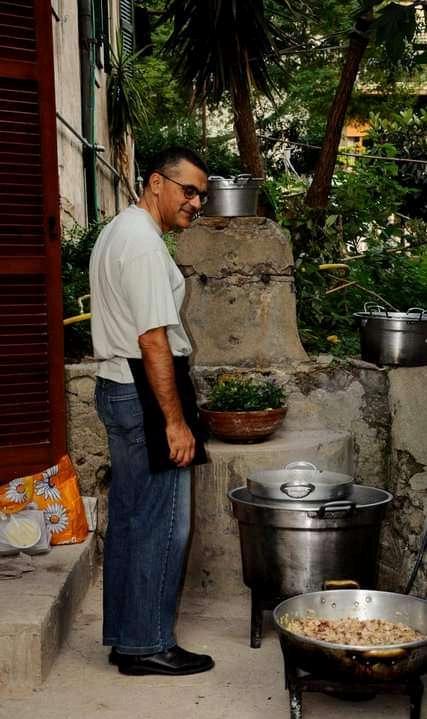
However, this isn’t enough since the garden is small and does not produce enough for cooking in large quantities. Therefore, La citta dell’Utopia is provided with seasonal organic vegetables by GAS which allows us to create many dishes combining Italian traditional recipes with dishes from different cultures. It is crucial to mention one of our monthly events, an artigianal market which Citta dell’Utopia hosts. This market is organised by terraTERRA where local farmers of Rome come to sell their local products as well as homemade food and DIY products. This, all thanks to our volunteers, local people, activists and partners of La citta dell’Utopia and SCI who continuously help and advocate on food sustainability.
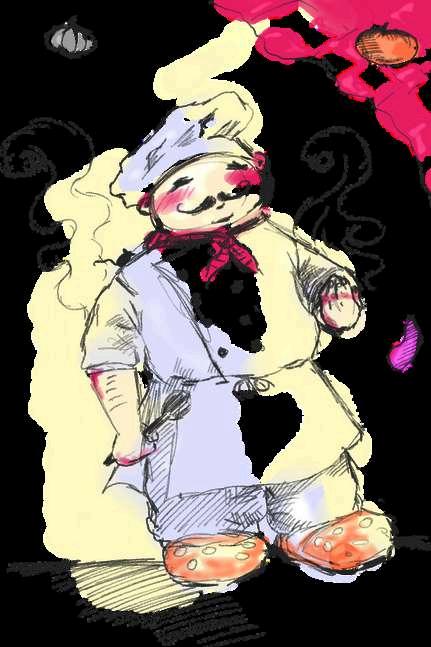


GAS is an acronym of “Gruppo di Acquisto Solidale” and stands for Solidarity Buying Groups.
Previously I’ve mentioned GAS as the main provider of fresh, seasonal vegetables and fruits which are used at La citta dell’Utopia. I must say, before I came to Italy I wasn’t familiar with this term and I had no idea what GAS stands for. While doing my long term volunteering I have encountered this interesting concept of GAS and I realized that not only La citta dell’Utopia but also many individuals who decided to be part of it and sustain themselves with seasonal vegetables and fruits each week which makes this social practice expand among the society of Rome.

To be part of GAS requires to have an understanding of its purpose, to subscribe and preferably to participate in regular meetings of the network activities. People who are willing to participate might be interested in local consumption of food or they already have a knowledge and value the importance of local production. For this, La citta dell’Utopia has been collaborating with GAS for many years now as we also believe and advocate in sustainability of food and support local farmers who are producing organic products without using pesticides and other chemical fertilizers which are harmful for human health and contribute to pollution of the environment
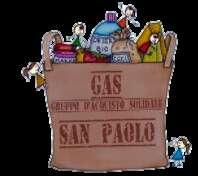

Thanks to GAS, we ’ ve been creating many seasonal dishes which I will be including the recipes in this cookbook. We encourage everyone who would like to learn more about local production and sustainability of food to participate in GAS as it helps them to understand more not just theoretically but also practically.




Nowadays, in most parts of the world people intend to go for groceries in a supermarket where they can find everything in one place. Due to intensity of work, and many other factors people find it less time consuming to buy once all they need from a supermarket. While this sounds quite convenient, this does not necessarily mean that you are buying local or organic food, as these supermarkets work with big corporations who work on large scale and mass production food.

Which leads to using a lot of harmful chemicals and many other chemical ingredients both for humans and the environment.Although you find products that are bio, organic and fair traded sometimes this is classified as greenwashing just for the sake of selling and making more profit.Therefore it is important to understand if these products are really organic and fair trade. Another important matter is to mention the fact that sometimes these big corporations have been known for treating their employees unfairly and giving them late monthly salaries.


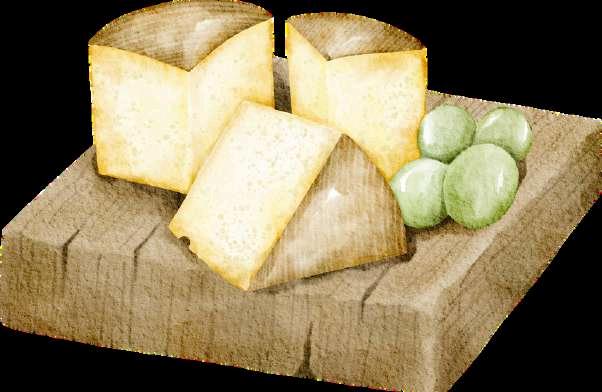
While all this is happening, there are quite a lot of people around the world who are interested in local markets and support through buying food from there. At La citta dell’Utopia we have the chance to host one of these marvelous markets called Mercato terraTERRA. While researching for this market, I came across a slogan on their website which says: “The land is not a supermarket, food is not a commodity”. It made me think of the importance of food and how people neglect this necessity of life by choosing to ignore it, not willing to understand the impact of agriculture on the environment or the sustainability of food.

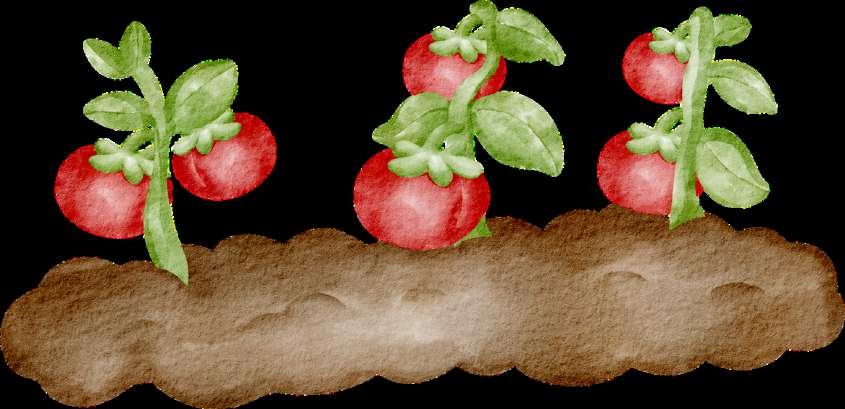

This market was born in 2004 and continues to grow in all parts of Rome; which aims to promote local food production with a view on social and environmental justice. Organized by a group of local farmers of Rome, the market operates once a month in a different place of Rome. For example, each third Saturday of the month it is located at La citta dell’Utopia where we host in our little Piazza (square).
The farmers come and offer to sell their seasonal local products such as vegetables and fruits, cheese, bread and sometimes homemade ready meals. They also often sell artisanal products such as olive oil,jams, different homemade soaps and other homemade products. After the market, during lunch time you will be able to enjoy lunch at La citta dell’Utopia cooked by the volunteers with very reasonable prices.
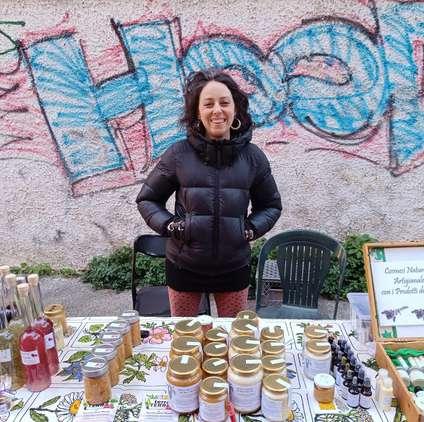
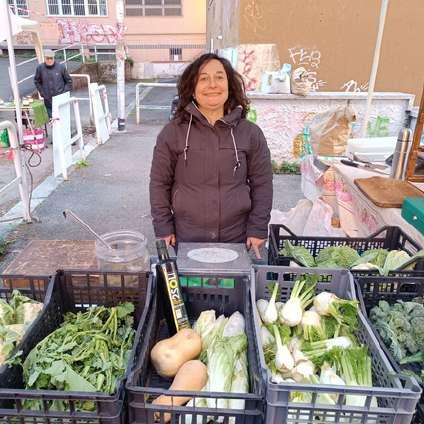
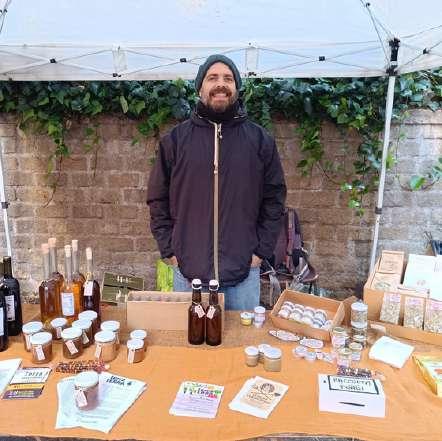
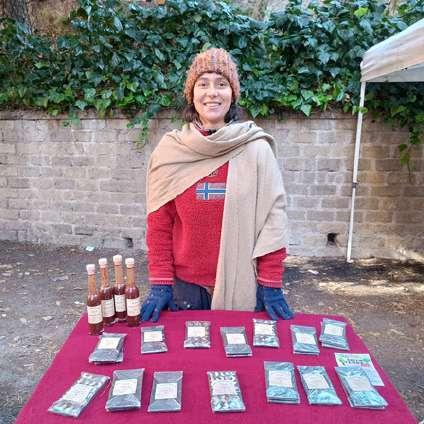
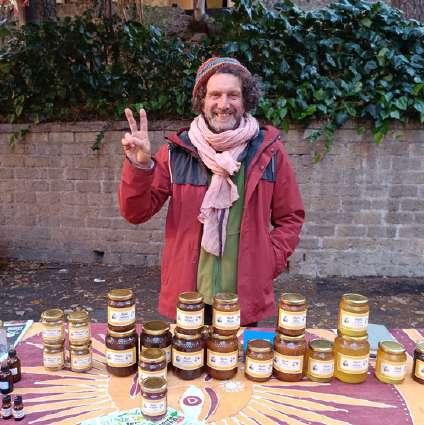



Indeed, food is a necessity, a basic human need which we are able to transform it into a commodity by creating different recipes and elaborating them. During my volunteering year each lunch of terraTERRA market we have created many seasonal dishes together with other volunteers and activists where you have the chance to enjoy simple dishes together with the local community and many other friends who have been coming to our events. Also, in each market we have young artists who perform through theatrical shows or music bands that accompany us with good music. This market is open to all groups of ages and we organize different activities for children.


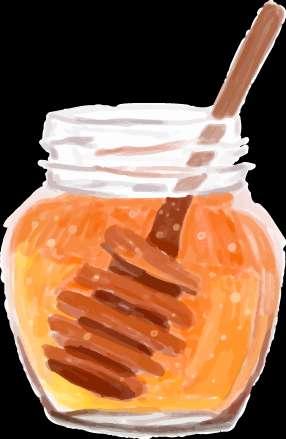
All the recipes included in this cookbook have been cooked at Biosteria during my long term volunteering program. It is a collection of recipes made by the volunteers, staff of SCI and activists of La Citta dell’Utopia throughout the events that we organized.Through out my volunteering year I was told several times that food isn’t the most important thing in events we held, although it certainly played a significant role in italian culture, community and people who participated in our events.
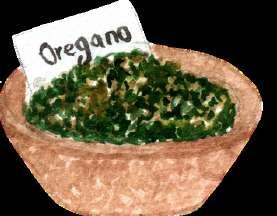
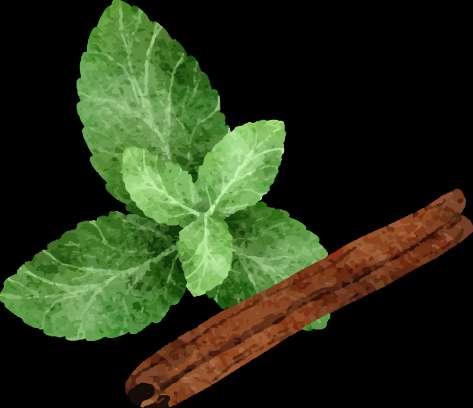

Therefore, the main purpose of the cookbook is to help the future volunteers to get inspired and continue to create sustainable dishes and transform cultural dishes by experimenting with food. My main advice to all of you is don’t be afraid to experiment, explore and socialize with other volunteers in Biosteria through cooking which will bring you closer than ever. And remember, above all, food is everything!



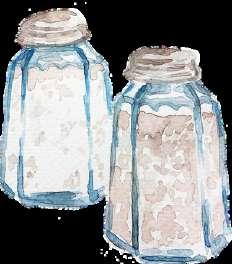

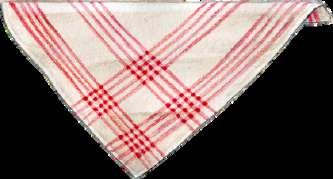

Bruschetta with hummus is a recipe we have made during a market together with Salah, an activist who has been volunteering in cooking at Biosteria for over 9 years now. Salah has been accompanying us in the kitchen ever since we started volunteering. During this time, we learned a lot of cooking techniques from him and many new recipes.

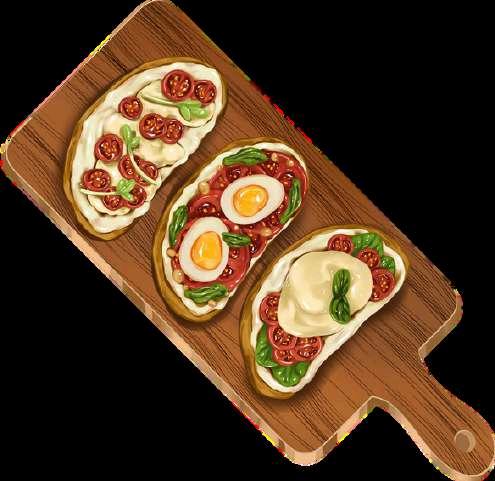
Ingredients
1 bread 1 kg dried chickpeas
1 lemon
1 jar of tahini
3 cloves of garlic salt black pepper olive oil
Instructions
Soak the chickpeas in water for 24 hours (preferably overnight) and boil it the next day for 2 hours until the chickpeas get softened. Once it softens, add the garlic, lemon, tahini, salt and pepper.
Use a hand blender to mash it until it gets creamy enough and let it cool down a bit.
Spread the hummus in medium sliced bread and you are ready to serve!
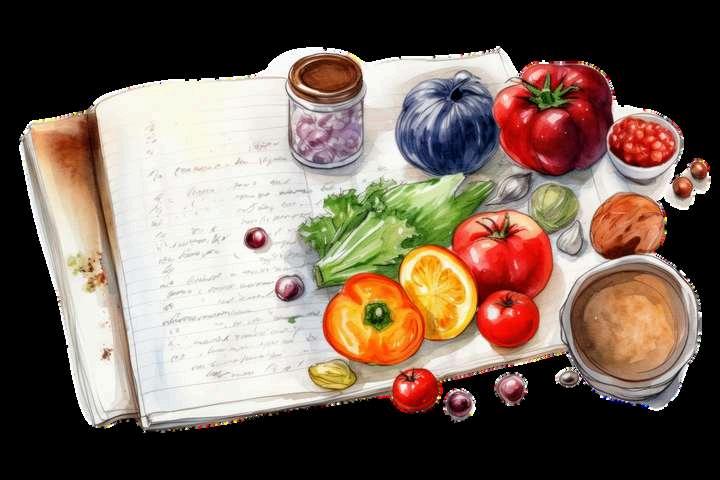

with cavolo
This recipe was made by Mattia, an activist and a very dear friend of mine, for “Cena di Autofinanziamento” (self financed dinner) during the Christmas period. Mattia, Ariane and I made many other recipes together which made our friendship grow even more! They say, when these three cooked together magic was created in Biosteria and people could taste food made with love!

Ingredients
1 bread

500 gr of Cavolo nero (kale)
Pepper flakes (either dry or fresh)
2 cloves of garlic slices of Pecorino cheese to decorate olive oil
Instructions
Wash Cavolo nero (kale) and remove the central rib so you can use only the dark part of the leaf. Boil the leaves until it becomes soft and transfer them in cold water. Meanwhile, in a pan put olive oil, garlic and the pepper flakes and fry on medium heat for 5 mins . Add cavolo nero and continue frying for another 5 min. When ready, place cavolo nero in medium sliced bread and decorate it with slices of Pecorino cheese.

 Bruschetta marinara
Bruschetta marinara
We prepared this starter dish with one of the ESC volunteers from Spain. On our first days of volunteering Tabata and I had the idea to make a vegan version of Bruschetta, a simple and very light starter for summer.

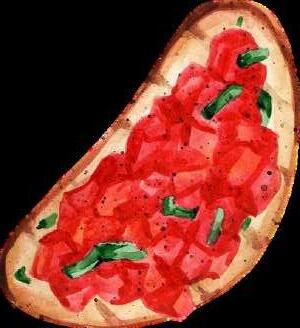
Instructions

Ingredients
1 bread
500 gr tomatoes
2 cloves of garlic olive oil fresh parsley oregano
Chop the tomatoes in very small cubes. Mash the garlic, chop very finely parsley and oregano and add olive oil. Transfer this to a bowl and give it a good mix. Place it in sliced bread and you are ready to serve!
This is a dish that Mattia and I decided to make in one of the events. Involtini di verza is an Italian version of spring rolls with cabbage leaves and other veggies inside. As in many other cultures in the world, these rolls are very famous amongst Italian cuisine. Although originally this recipe is not vegetarian, we made a vegan version of it.

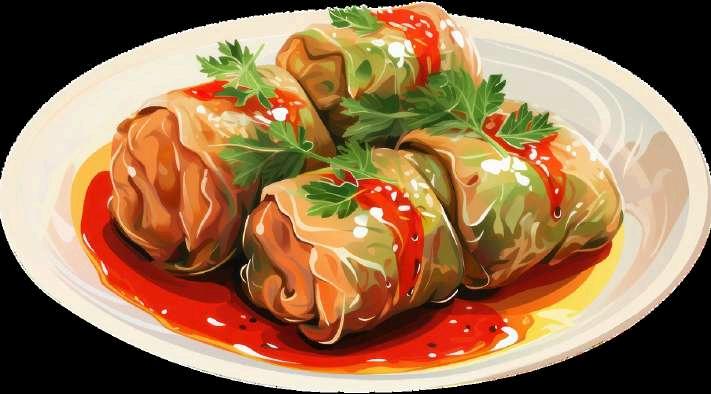 Ingredients
Cabbage leaves
carrots
potatoes
zucchini
Tomato sauce
Salt Pepper
olive oil
Ingredients
Cabbage leaves
carrots
potatoes
zucchini
Tomato sauce
Salt Pepper
olive oil
Instructions
Boil the cabbage leaves until it gets semi soft (around 10 mins in medium heat) and leave them aside. To prepare the filling, grind the carrot, potatoes, zucchini and fry it all in the same pan one after another. Add salt, pepper and oregano. Start filling the cabbage leaves with the filling and roll them nicely. Place them in a pan and bake them for 40 mins. Meanwhile, in a pot prepare the Tomato sauce and heat it with salt, pepper, olive oil and oregano. Once they are baked, pour the sauce on top and serve it.


Marinated red peppers
This dish was made during the Balkan fest where we made several Balkan dishes. It is a very common summer starter in Albanian and many other Balkan cultures.

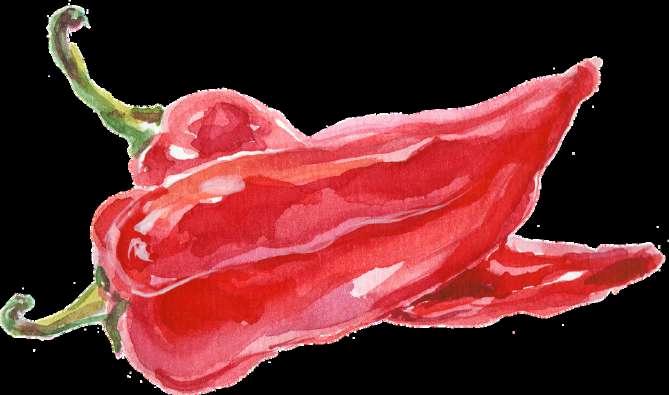
Instructions

Ingredients
Red sweet peppers (as much as you like)
4 cloves of garlic olive oil
Grill the red peppers until they turn into black and then rip it out. Wash them with cold water and add the garlic and olive oil. Transfer them into a container and let them marinate overnight. Serve them with a piece of bread.
Sarma is a starter dish which is made all over the Balkans as well as the Middle East countries. The recipes of this dish may vary from different cultures in the Balkan by using cabbage leaves or grape leaves, meat or vegetarian versions. During Balkan fest, we prepared the vegetarian version of it. Thanks to Anna, Luca Boccoli and Luca Guidi we managed to roll more than 300 sarmas.
1 jar of grape leaves
200 gr white onion
300 gr bulgur
300 gr rice
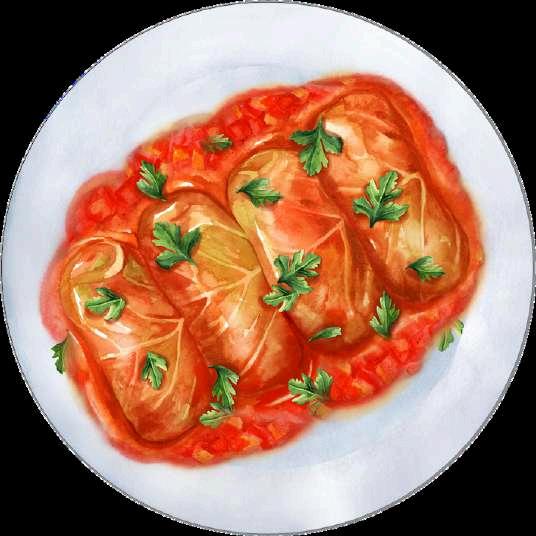

3 tablespoons pepper paste
3 tablespoons tomato paste
salt/pepper oregano mint water lemon olive oil